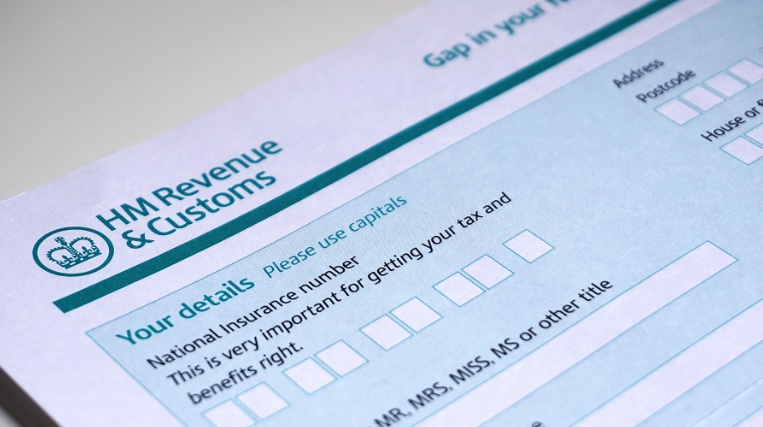Do I need to complete a tax return?

We look at the question of who has to submit a Self-Assessment Tax Return to HM Revenue & Customs and cover some of the common misconceptions
Does everyone need to file a Self-Assessment tax return?
No. For the vast majority of people who only have wages and/or pension income they do not need to file a return as any tax or National Insurance due is deducted at source, i.e. before the money is received by the individual. The Employer or Pension Provider will send the deductions across to HMRC on the individuals’ behalf and nothing more is required. If adjustments are required to the tax code (personal allowance), say, for benefits received from the employer, this is usually completed by HMRC in the background and will not require any input (Usually! They have been known to need a push in the right direction at times).
Who needs to file a Self-Assessment tax return?
Below are some of the circumstances when an individual will need to file a tax return:
- Someone self-employed earning more than £1,000
- A partner in a partnership
- Someone renting out a property
- If you receive tips or commission which have not been subject to tax
- Someone receiving dividends or savings income (depending on the amounts)
- Someone earning over £50,000 and claiming child benefit (£60,000 from 6 April 2024)
- Someone receiving income from a trust
- Someone receiving income from abroad
- Someone with Capital Gains of more than the annual exemption (£6,000 for 2023/24), or need to make a Capital Gains claim or election for the year.
- Someone earning a salary of over £150,000 a year (from the 2023/24 tax year).
There may be other circumstances resulting in a return being required, but the above list covers the most common. If you have any queries regarding your situation that you would like to discuss with us, please complete the form at the end of the page for your free discovery meeting. If you would like to know what else we offer at Veritons, head over to our services page.
Frequently Asked Questions (FAQs)
I am a company Director who only has salary income. Do I need to complete a tax return?
This is a common misconception. Just because you are a director does not mean you need to complete a return. Many do as they have either income from shares, earn over £150k a year, or have other sources of income but if these don’t apply then a Self-Assessment Return would not be required just for being a Director.
I have more than one job, do I need to complete a tax return?
Having multiple jobs will not necessarily mean completing and filing a tax return. Your tax code (personal allowance) will be allocated to one of the employments, or spread across two or more, and the tax collected at source from your employers. If your total income went over the basic rate threshold, you would need to file a return.
Why do I have to complete a tax return for earning over £150k a year and is there a way to avoid it?
From the 2023/24 tax year HMRC have raised the threshold for completing a tax return due to salary from £100,000 to £150,000. Once you earn more than £100k in a year you start to lose your Personal Allowance. For every £2 over £100k you earn, you lose £1 of your Personal Allowance. For this reason there is an effective tax rate of 60% between £100,000 and £125,140 – by which point the whole personal allowance is lost. HMRC say that due to improved systems they can now deal with this tax code adjustment required for those losing some or all of their Personal Allowance, but for those earning over £150,000 a year the requirement for filing under Self Assessment still exists. One option to avoid completing a return may be salary sacrifice. Things such as pension contributions, cycle to work scheme, or Electric Vehicle (EV) Scheme are all things employers sometimes offer under salary sacrifice. This would reduce your total gross pay and therefore may bring it below £150k.
How long do I have to tell HMRC I need to complete a return and how do I do it?
The deadline for informing HMRC that you need to complete a self-assessment return is the 5 October following the end of the tax year. For example if you need to file a return for the tax year ended 5 April 2023, you must let HMRC know by 5 October 2023.
HMRC have made it very easy to register and you can do this online here.
Being tax advisors, we love talking tax! If you have any questions regarding your own situation, please complete the form below and we will contact you to arrange your free discovery meeting.
